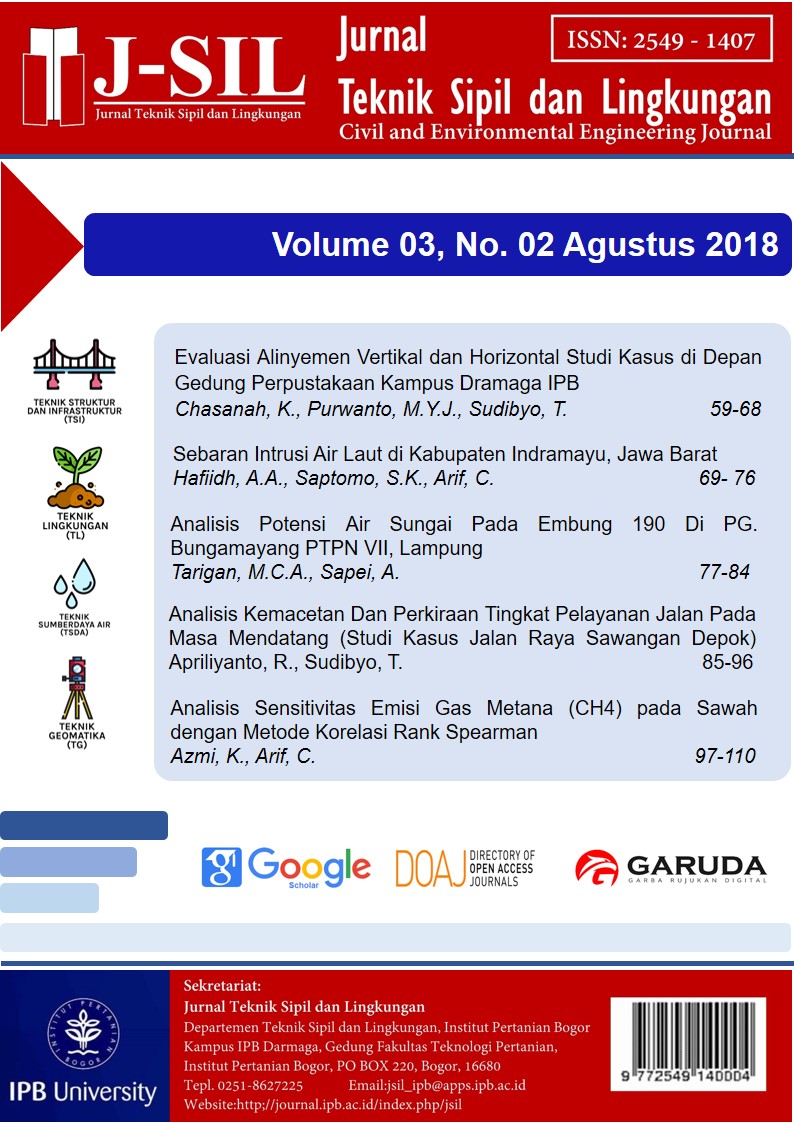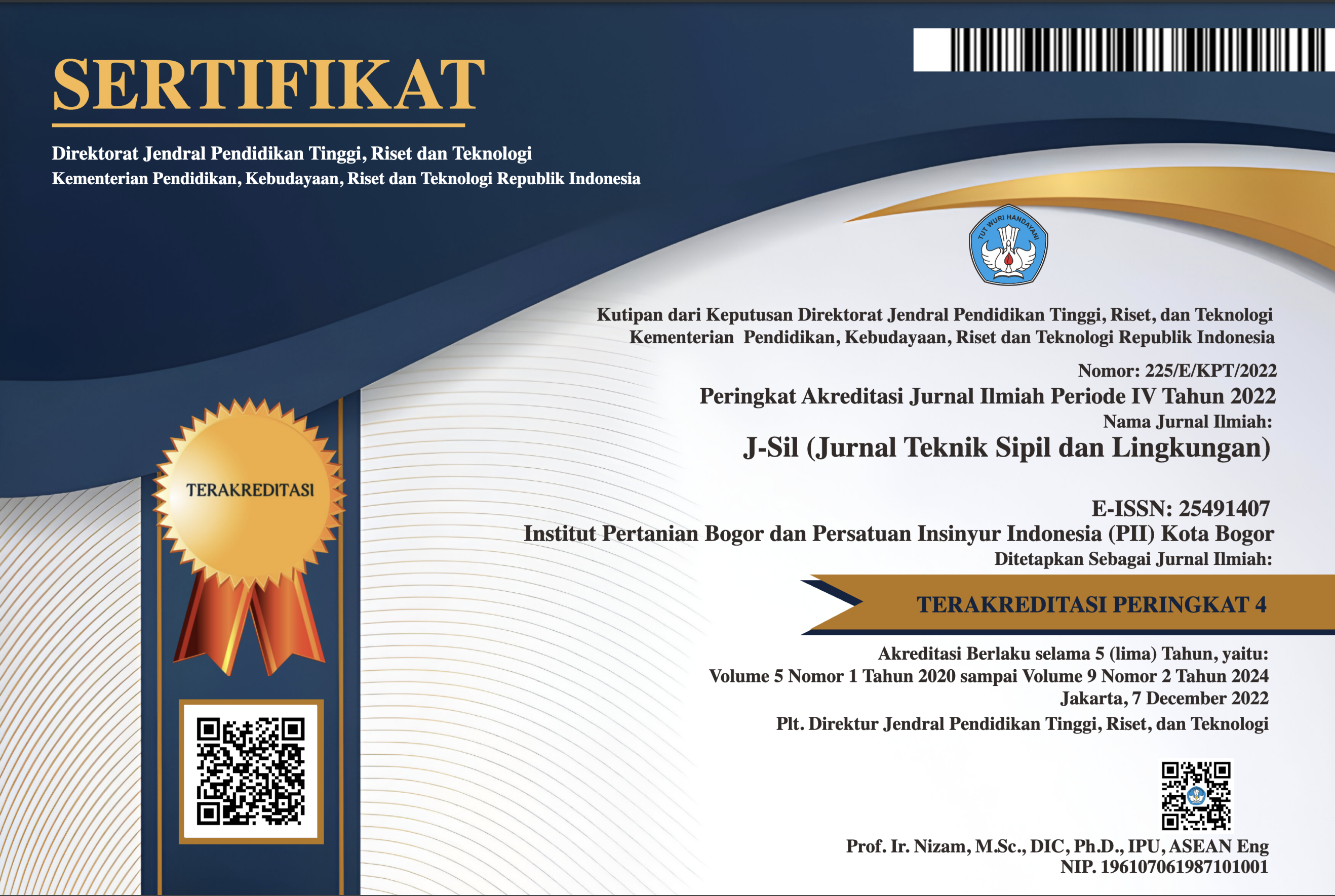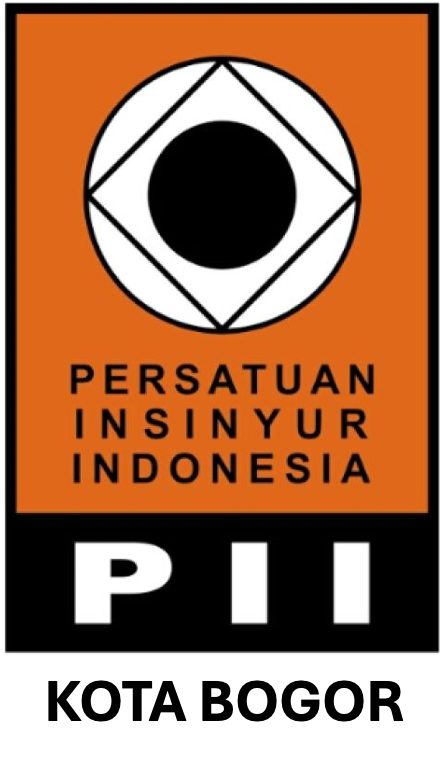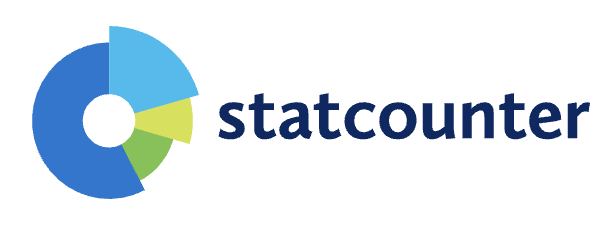Analisis sensitivitas emisi gas metana (CH4) pada sawah dengan metode korelasi rank spearman
Abstract
Global warming occurs due to increased concentrations of GHGs in Earth's atmosphere. CH4 gas is one of the GHG which potentially 21 times greater to result global warming than CO2. Emissions of CH4 in rice fields affected by irrigation pattern and micro environmental factors. This research aimed to identify the relationship of micro-environmental factors to CH4 emissions and analyse its sensitivity level. The sensitivity analysis of CH4 gas in this study was done by rank Spearman’s correlation method. The results showed that the irrigation pattern was positively correlated with CH4 emissions. Total flux of CH4 for the stagnant regime was 26.00 ± 3.41 x 103 mg/m2/season, wet regime was 15.33 ± 4.37 x 103 mg/m2/season, and dry regime was 11.80 ± 6.72 x 103 mg/m2/season. The micro-environment parameters that was soil pH, soil moisture, soil electrical conductivity, and water level are positively correlated with flux of CH4, meanwhile soil temperature and soil redox potential are negatively correlated with flux of CH4. Based on the analysis, the most sensitive micro-environmental parameters for CH4 gas emissions are soil moisture, with an average rs value is 0.51 and an average R2 is 0.28.
Keywords: GHG, methane, sensitivity analysis, Spearman’s correlation, SRI
Downloads
Authors who publish with Jurnal Teknik Sipil dan Lingkungan, JSIL agree to the following terms:
a. Authors retain copyright and grant the journal right of first publication with the work simultaneously licensed under a Creative Commons Attribution License that allows others to share the work with an acknowledgment of the work's authorship and initial publication in this journal.
b. Authors are able to enter into separate, additional contractual arrangements for the non-exclusive distribution of the journal's published version of the work (e.g., post it to an institutional repository or publish it in a book), with an acknowledgment of its initial publication in this journal.
c. Authors are permitted and encouraged to post their work online (e.g., in institutional repositories or on their website) prior to and during the submission process, as it can lead to productive exchanges, as well as earlier and greater citation of published work (See The Effect of Open Access).











